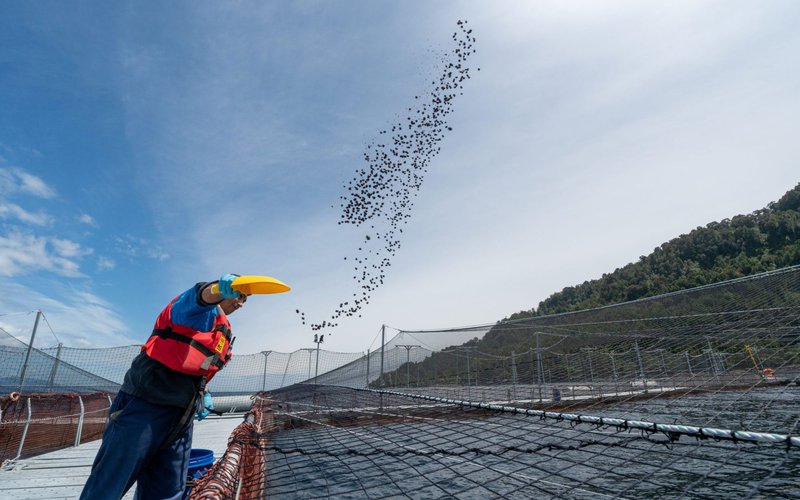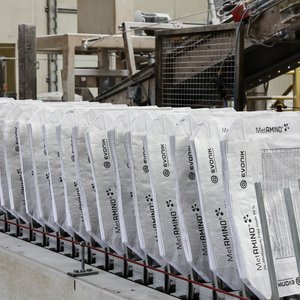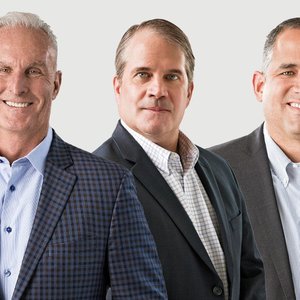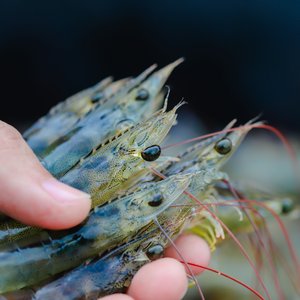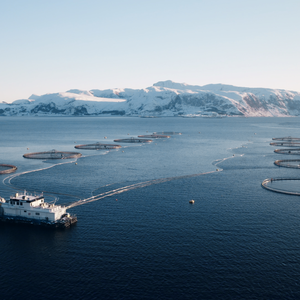ASC released revised Certification and Accreditation Requirements (CAR) and Certification Requirements for Unit of Certification (RUoC) for the ASC Farm Standards, and new CAR and RUoC documents for the Feed Standard.
These four documents are important in helping ASC to operationalize the standards and define the processes necessary to audit against them. Their release follows a statutory period of public consultations and subsequent consideration and incorporation of feedback.
The new RUoC documents provide farms and feed mills in the ASC certification program with a description and a step-by-step guide to conform to the administrative and process requirements necessary to obtain or maintain certification. This is in addition to the performance requirements specified in ASC Standards. It also acts as a guide for certified farms and feed mills who wish to make a claim about, or use the ASC logo and trademarks, for certified sites.
Conformity Assessment Bodies (CABs) will use the CAR, which sets out requirements for certification to enable CABs to audit farms and feed mills in a consistent manner. CABs are the independent certification bodies that audit farms and feed mills against the relevant ASC Standards, thereby enabling feed mills to sell their product as ASC compliant feed and farms to sell their seafood products into the supply chain as ASC certified. The CAR also establishes requirements for the accreditation of CABs by Accreditation Services International (ASI), the ASC-appointed accreditation body.
“The aim of the documents is to provide transparency and consistency to the certification process, so the ASC standard system maintains its credibility with stakeholders, which include governments, regulatory bodies, non-governmental organizations (NGOs) and consumers,” Efrain Calderon, program assurance director at the ASC, said. “All of ASC’s certification and accreditation requirements are in full compliance with the FAO Technical Guidelines on Aquaculture Certification and our operations conform to the codes of good practice of ISEAL, of which we are a member. The codes of good practice support sustainability systems, to improve how they operate and deliver greater impact.”
The effective date for the Farm CAR & RUoC is July 14, 2023.
CAR and RUoC documents to operationalize Feed Standard
The standard itself was released in June 2021 which has allowed auditors, feed manufacturers and their suppliers to familiarize themselves with the standard and prepare for certification while the ASC Feed RUoC v1.0 and ASC Feed CAR v1.0 were being finalized and underwent public consultation.
The ASC Feed CAR v1.0 and the ASC Feed RUoC v1.0 are structured to follow the certification process of a feed mill from the initial application, through the audit process, to the final certification decision. The structure and style of the feed assurance documents are aligned with the Farm CAR 2.3 and RUoC with all applicable requirements transposed directly. This will ensure uniformity across ASC documents with deviation only where necessary to implement the specific Feed Standard requirements. These are mainly the competency requirements for those conducting due diligence assessments of suppliers, the ingredient approval process as well as the two Production Models of Mass Balance and Segregation and associated requirements.
During the Feed CAR & RUoC development process five pilot audits were undertaken. The focus of the pilot audits was to assess the CAR and RUoC and their application in the feed mill environment, particularly relating to requirements for mass balance calculations and due diligence processes. Feed mills involved varied in size and geographical location with a focus on small to medium facilities.
Following the release of the ASC Feed CAR and Feed RUoC, a six-month implementation timeframe for these new requirements is provided to CABs to gain accreditation and to applicant feed mills to implement RUoC requirements. The ASC Feed CAR and RUoC will become effective from January 14, 2023 meaning initial audits against the Feed Standard can take place. This also marks the start of the 24-month transition period, during which time ASC farms must switch completely to using ASC compliant feed in order to continue meeting the ASC Farm Standards.


